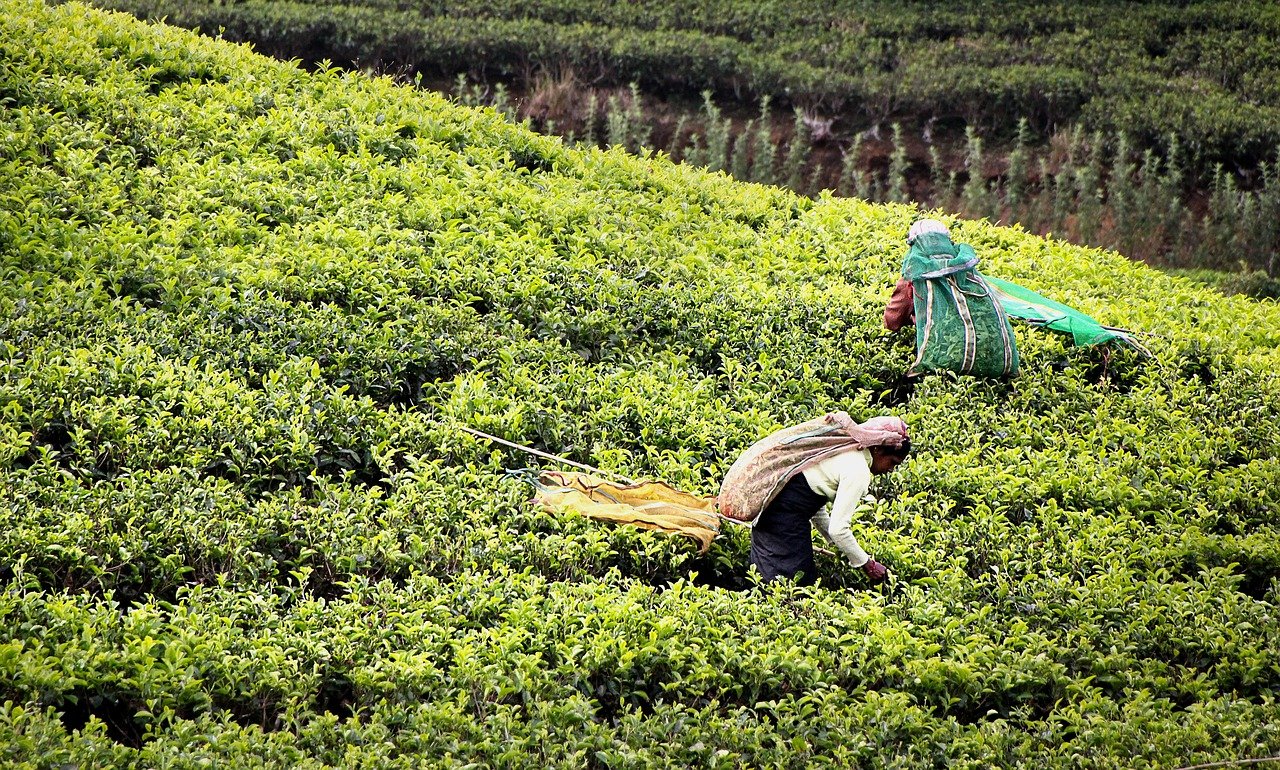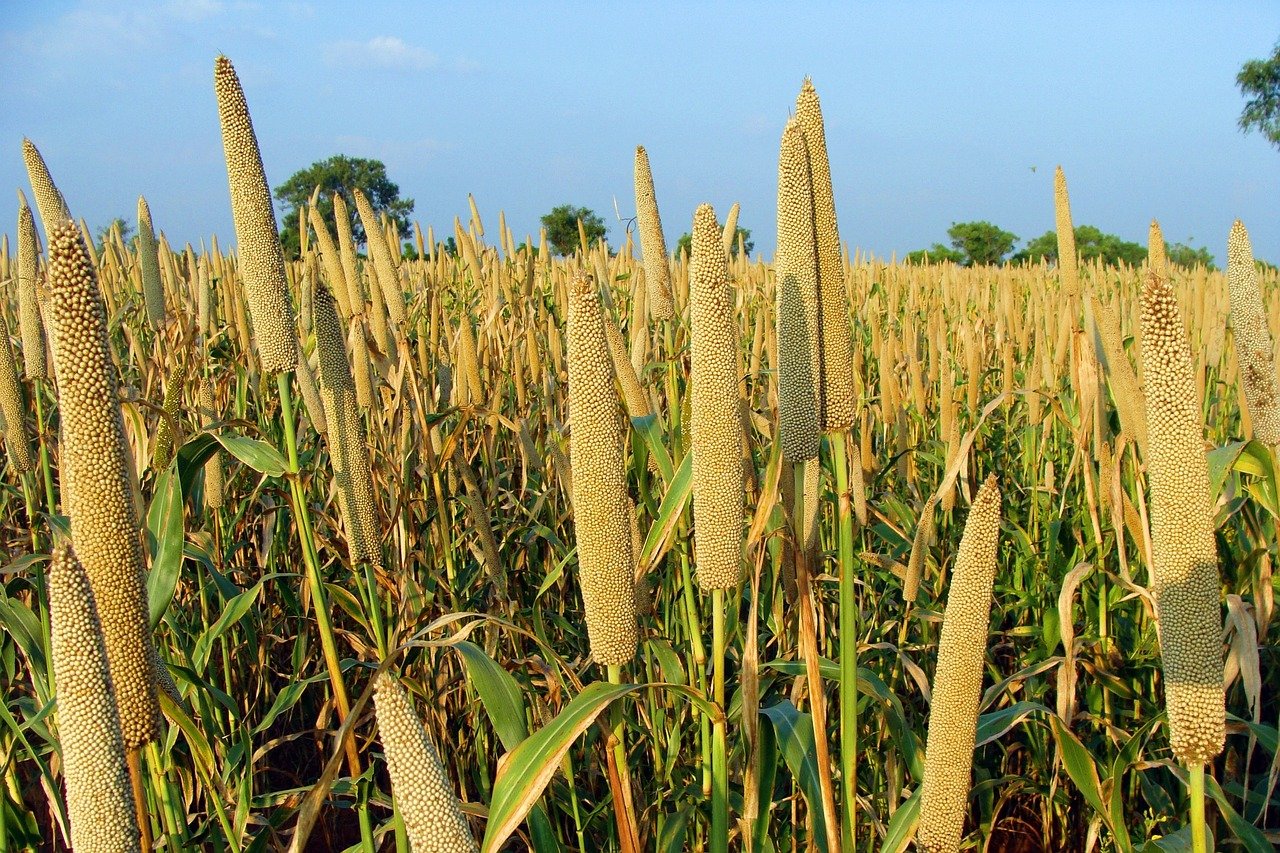Reintroducing the cultivation and use of indigenous crops offers opportunities to improve nutrition and dietary diversity, promote climate-smart and resilient agricultural practices and can potentially to increase the livelihoods of smallholder farmers.
As part of the wider VACS initiative, the Shamba Centre is organizing several consultations to gather insight on the implications of promoting indigenous crops based on the experiences and perspective of African market actors.













